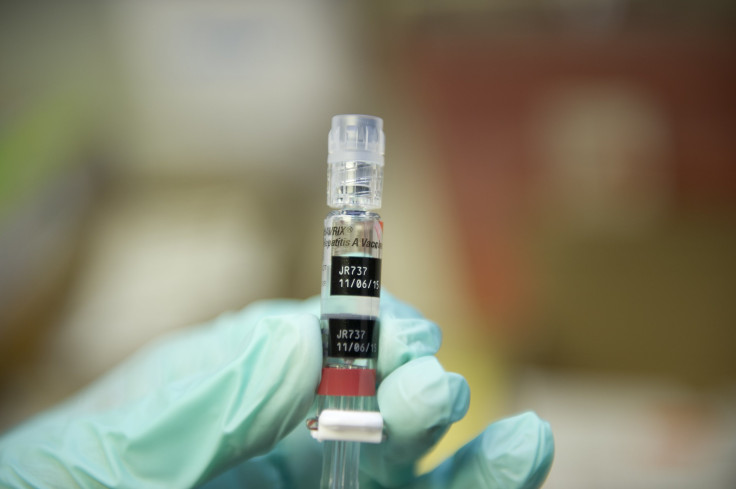National Hepatitis A Outbreak: North Carolina Cases Surpass 1,000
KEY POINTS
- Since the outbreak began, 41,000 cases have been reported
- As of July 23, the outbreak is ongoing in 27 states
- Nine states have declared an end to their outbreak
North Carolina health authorities have announced that the state's number of hepatitis A cases has surpassed 1,000. The cases are associated with a national outbreak that has been going on since 2017.
North Carolina is among the states affected by a national hepatitis A outbreak that the Centers for Disease Control and Prevention (CDC) has been monitoring since 2017. The North Carolina Department of Health and Human Services (NCDHHS) has been tracking hepatitis A cases in the state since 2018.
In its Tuesday news release, the agency noted that 63% of the cases reported in the state have required hospitalization while 16 have died. According to the agency, the number of cases has increased "significantly" since August 2020. In fact, 495 of the cases associated with the outbreak were reported since Jan. 1, indicating "a marked increase in transmission."
The CDC has so far received more than 41,000 reports of hepatitis A cases from 36 states since the outbreak was first detected. As of July 23, the outbreak is ongoing in 27 of the states, while nine have declared an end to their outbreak.
As such, authorities are reminding people that a vaccine is available for hepatitis A. The CDC has identified the groups of people who are most at risk for getting a hepatitis A infection or developing a serious complication from it and thus should get the vaccine to help control or prevent an outbreak. These include those who use drugs (whether injection or non-injection), those who are homeless or have unstable housing, men who have sex with men, those who were recently or are currently incarcerated, and those who have a chronic liver disease such as cirrhosis, hepatitis B and hepatitis C.
"Hepatitis A vaccine is available for free at all local health departments to people in high-risk groups for this outbreak," the NCDHHS said.
A post-exposure prophylaxis is also recommended for those who are unvaccinated and were exposed to the virus in the past two weeks.
The hepatitis A virus is found in the blood and stool of people who are infected, the CDC explained. It can be contracted through close contact with someone who has it or by consuming food or water that's been contaminated with the virus "even in microscopic amounts."
Those who experience symptoms of hepatitis A such as fever, fatigue, nausea, jaundice, and dark-colored urine are being advised to contact their health care provider to get tested and to get the care that they need.
"Anyone exhibiting these symptoms should refrain from preparing food for others," the NCDHHS said. "Patients can transmit the virus to others in the two weeks before and one week after jaundice appears."
"The best way to protect yourself against hepatitis A is through vaccination," Dr. Erica Wilson, vaccine-preventable disease medical director in NCDHHS' Division of Public Health, said as per the NCDHHS news release. "As always, good hand-washing is key, especially after using the bathroom, changing diapers, and before preparing or eating food. Using harm reduction strategies and syringe service programs is also key in reducing the risk for people who use drugs."

© Copyright IBTimes 2025. All rights reserved.






















